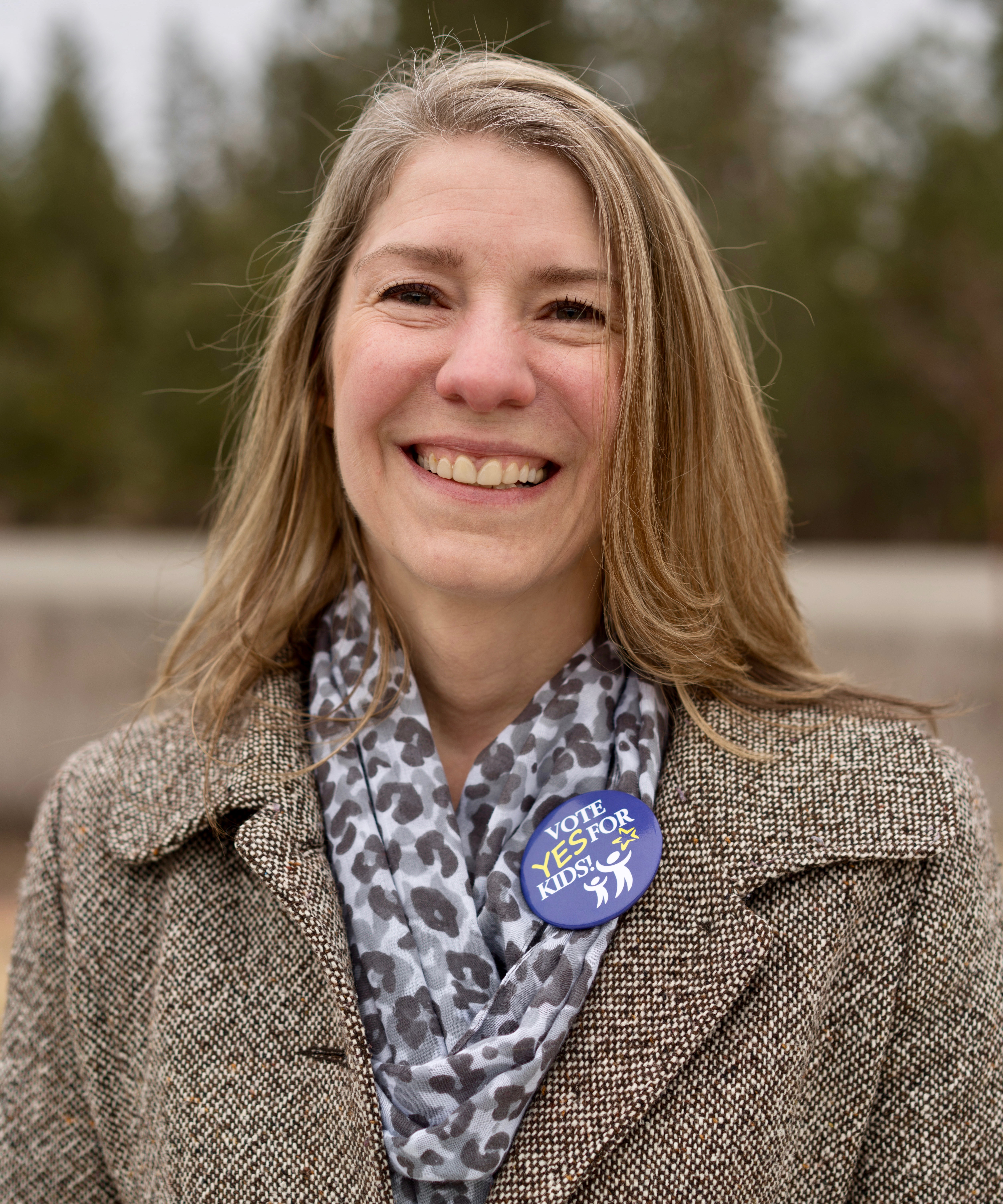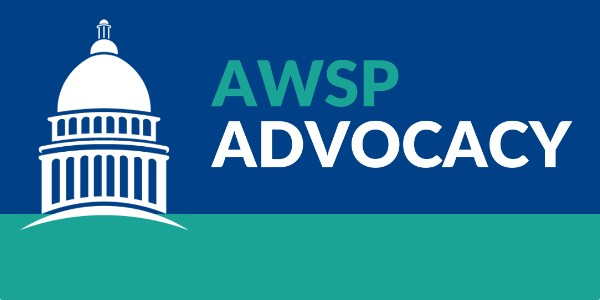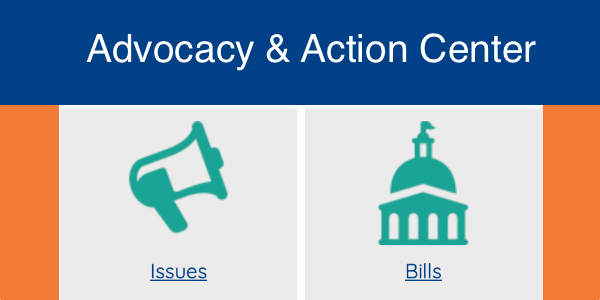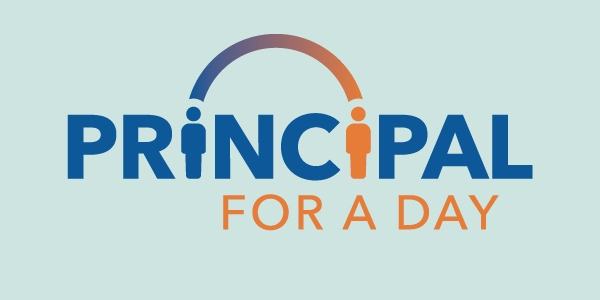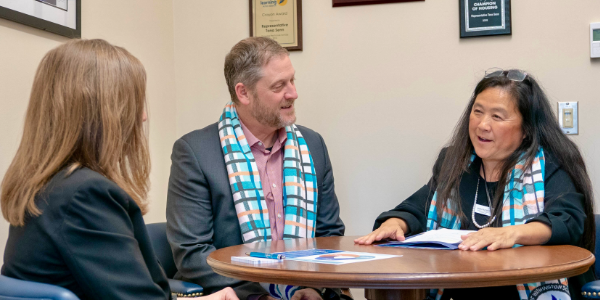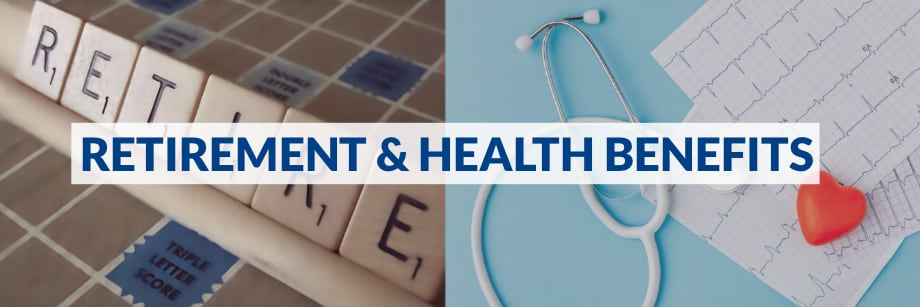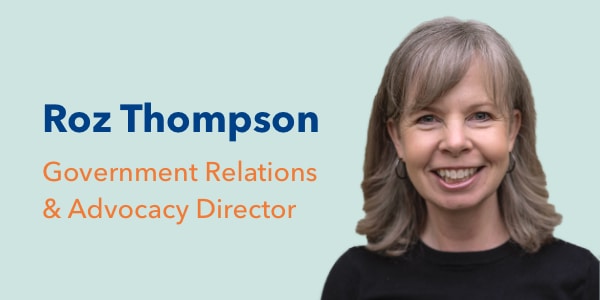Even though the Democrat leadership has asked members to limit the number of bills they introduce, clearly, they and their Republican counterparts didn’t listen. Even so, the reality, however, given that the session is an entirely virtual one, is that just a fraction of these bills will make it through the process compared to previous sessions.
At this point, a few bills deserve highlighting:
Retirement Related Proposals
HB 1032 | Concerning early retirement options for members of the teachers’ retirement system and school employees’ retirement system plans 2 and 3.
Sponsors: Harris, Stonier, Dolan, Boehnke, Leavitt, OrtizSelf, Callan, Riccelli, Santos, Bergquist.
The bill proposes reducing early retirement penalties for older school employees in order to help protect vulnerable older teachers and classified employees from health Covid–19 related health risks. As an example, currently, school employees with 30 years and at age 62 can retire with no reduction in benefits. This bill proposes lowering the age to 60 until such time as the Governor’s proclamation of emergency is repealed. The penalty for early retirement for those with less than 30 years would also be reduced. If passed, this would allow older employees most at risk to the virus an option to retire earlier. If passed, it would also save a school district dollar by losing its higher paid employees.
This bill is currently before the House Appropriations Committee awaiting a hearing.
School Employee Benefit Board (SEEB)
SB 5322 | Prohibiting dual enrollment between school employees’ benefits board and public employees’ benefits board programs.
Sponsors: Robinson By Request: Health Care Authority (HCA)
SB 5322 is HCA-requested legislation. The proposed legislation makes it clear that members who are dual-eligible for both PEBB and SEBB must choose to receive their health benefits (medical, dental, and vision) from either the PEBB or SEBB program. 6189(4) could have been read to allow dual-eligible members to pick and choose which program to get each component of health benefits from, which would have been very difficult to administer and would likely have caused confusion for members.
This bill has been sent to the Ways and Means’ Committee and will have a public hearing on 1/28/20.
SB 5326 | Concerning health and pension benefits for school bus drivers employed by private nongovernmental entities Sponsors: Robinson
This bill is basically a reintroduction of a bill offered last session to guarantee health insurance (SEEB) and pension contributions for providers of school district transportation services.
Obviously, any private provider will pass the costs of these employee benefits to the district. This would be (surprise, surprise) an unfunded mandate.
It has not currently been assigned to a committee for a hearing.
Other Bills:
There are a large number of bills proposed primarily dealing with expanding various employee benefits and qualifications. They address such areas as unemployment compensation, family and medical leave, and workmen’s compensation. These proposals may or may not apply to school districts. If so, there will be a fiscal cost to districts.
It is no surprise, for example, that the Unemployment Insurance fund has been severely depleted. Ideas have been floated as to how best to replenish the fund without just hitting employers with a huge premium increase.
For example, HB 1343 proposes to provide employer relief in unemployment insurance by relieving COVID–19 related benefit charges, providing contribution relief, and making appropriations to rebuild the unemployment trust fund. Note that the sponsors are all Republican which does not bode well for the bill’s passage. See the Democrat and Governor proposal below.
Sponsors: Hoff, Stokesbary, Chambers, Corry, Ybarra, Dufault, Barkis, Walen, Dent, Walsh, Dye, Schmick, Boehnke, Gilday
Read the bill report which outlines details of the proposal.
The bill is currently before the House Labor & Workplace Standards Committee awaiting a hearing.
SSB 5061/HB 1098 | Concerning unemployment insurance. This bill would increase the minimum weekly benefit for unemployed workers, starting later this year. It also would rejigger rates used to calculate unemployment insurance taxes paid by employers to prevent their tax bills from soaring.
Sponsors: Keiser, Conway, Billig, Dhingra, King, Nguyen, Saldaña, Stanford, Wilson, C.
By Request: Office of the Governor
This bill has passed out of Senate Labor, Commerce, and Tribal Affairs Committee and is in Rules awaiting floor scheduling.
Another example: The Paid Family Medical Leave (PFML) legislation passed in 2017 was an agreement between Washington’s employers and workers.
Two bills (HB 1073 and SB 5097 ) in the 2021 virtual legislative session are proposing changes.
- Lowering employees’ eligibility for benefits from having to work 820 hours or more to just earning $1,000 in the qualifying period.
- Expanding the “family member” definition to include non-blood related individuals whose close association is the equivalent of a family member.
- Removing the exemption for small businesses (less than 50 employees) from job restoration and health benefit coverage mandates.
- Lowering the eligibility for job restoration rights from having to work 12 months for an employer to merely 90 days.
Both bills have had public hearings and will move to Executive Session by their respective committees.
Comment: In the ‘old days’ legislators and their aides could be approached either formally or informally to discuss these types of proposals. Lobbyists and association representatives were in constant contact with legislators and staff to help craft proposals of benefit to all parties. Given the virtual-ness of the current reality, that previous process will not work. That is why constant electronic communication by constituents, school leaders, and association representatives like those from WASA and WASBO are more needed than ever.
Fred Yancey/ Mike Moran
The Nexus Group


